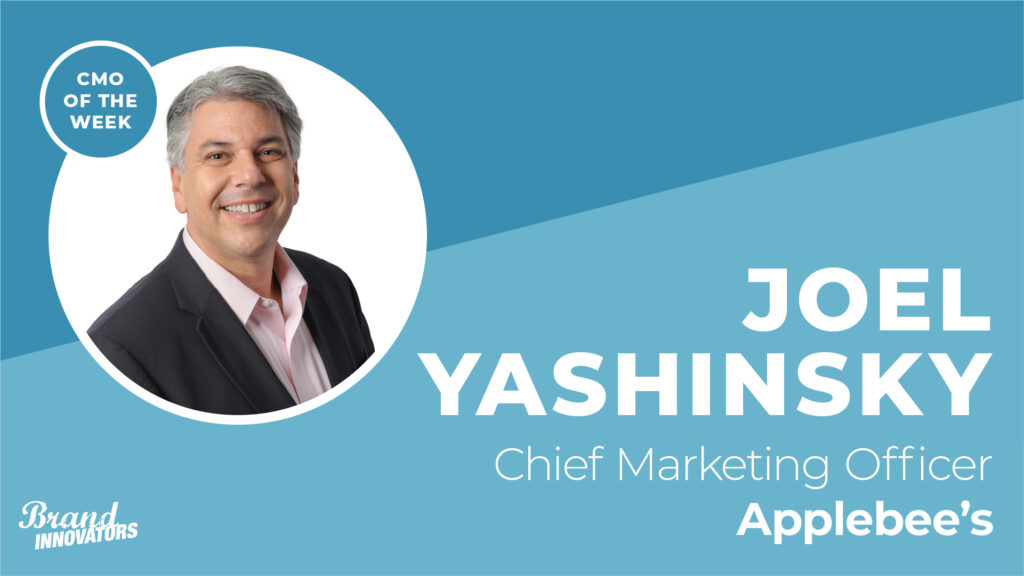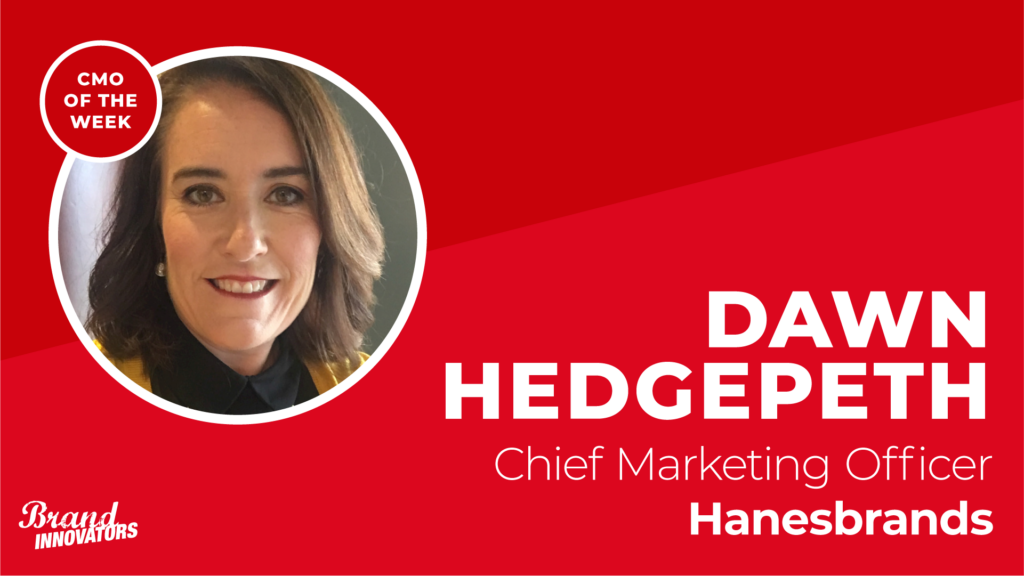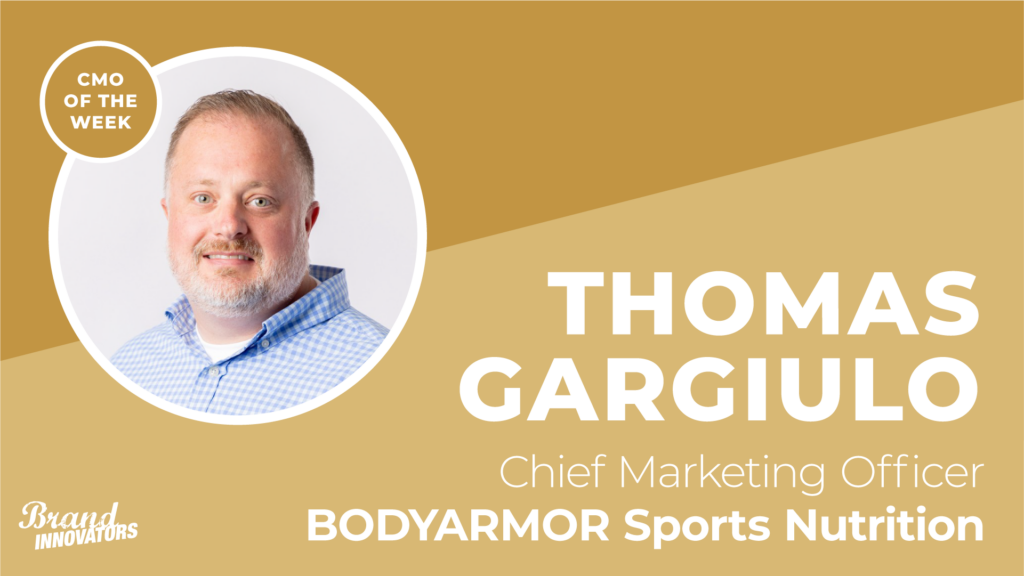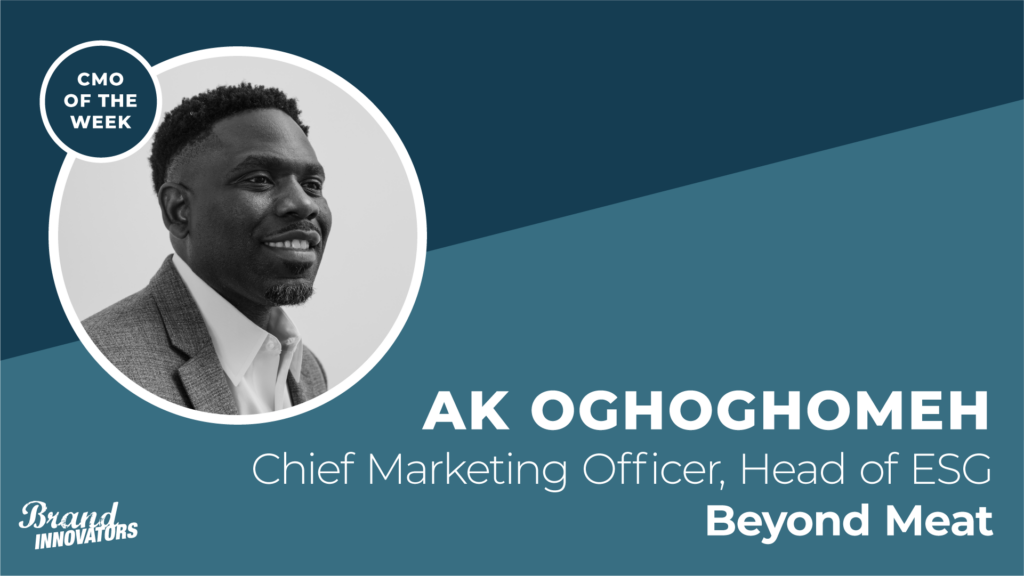Marketers have spent the better part of the last 12 months embracing technology and streaming video platforms to stay in touch with their customers. But what about brands whose core demographic is primarily senior citizens?
In the case of Humana, an insurance provider with an emphasis on Medicare Advantage healthcare, the company had to take its business 100% digital in the first weeks of the pandemic. That’s when Jennifer Bazante, Humana’s chief marketing officer since 2019, looked to the brand’s call centers for guidance on how to pivot to best meet its members’ needs.
“People would say, ‘I can’t get a mask, I don’t feel safe going outside, I can’t go to the doctor, I can’t go to the grocery store,’” Bazante recalls. “The core position of who we are as a company is around the term ‘human care,’ which is about understanding our members’ most important needs and taking action to address those. By listening to our members, we were able to do that in spades during COVID.”
Humana quickly ramped up its telehealth offerings so customers could video conference with medical professionals in lieu of in-person appointments. Telehealth appointments reached a frequency as high as 60,000 per day, compared to an average of 1,000 per day in pre-pandemic times. Humana also created virtual health education content, cooking classes tailored to members with diabetes and chronic conditions and even craft workshops to teach viewers how to make their own face masks when supplies were scarce.
“We have a senior population who were on Facebook and using technology, but they started using technology in ways that maybe they hadn’t before,” Bazante says. “Helping people learn and stay connected during this time was really fun. One of our big educators was at a Publix supermarket in Florida, she was standing in line with a Humana mask on and someone came up to her and said, ‘We know who you are, you’re the Humana lady!’ And they were showing her these masks they had made in her class. It was just really interesting to see how people came together through that.”
That increased connectivity had a halo effect on Humana’s brand loyalty and customer acquisition, too. According to the company’s fourth-quarter 2020 earnings, Medicare Advantage membership grew 11% in 2020, including a 41% uptick in Dual Special Needs Plan memberships. Humana’s Medicaid footprint also doubled its footprint, to six states, and increased its focus on access in underserved communities.
Up next for Bazante? Joining forces with the Ad Council and over a dozen other global companies via The Humana Foundation’s donation to a planned $50 million public-service campaign dedicated to COVID-19 vaccine education. Brand Innovators caught up with Bazante from her quarantine home in Florida to learn more about healthcare innovation amid shelter-in-place restrictions, accelerating the company’s diversity efforts and her role as “a business person who happens to be a good marketer.” The conversation has been edited for length and clarity.
Brand Innovators: How did the COVID-19 pandemic initially impact your business last year, and what were some pivots or innovations you put in place to meet the new marketplace conditions?
Jennifer Bazante: Just like everybody else in the country, we woke up one morning in March and found ourselves working in a completely new environment and in a completely new way than we had before. But I like to say that scarcity is the mother of all invention. We all of a sudden had to enable our employees to support our members, customers and providers everyday in a different way. And telehealth is a good example of that, where we saw a jumpstart in adoption of that. I think there are certain things that will forever change the way healthcare is delivered.
Given how critical your services were to your customers during a global health crisis, how much did the service part of your role become a priority over the marketing piece?
We mailed face masks to 100% of our members, for example, and we sent out food and meals to people who were food insecure. We provided in-home testing kits to have your blood tested frequently or preventative screenings for diseases like colorectal cancer, and that inspired a commercial that aired in the fourth quarter. Everything we do is for the benefit of helping our members. It helps position the brand as the company thinks about the needs of our members and taking action to solve those. So, I wouldn’t say the marketing hat ever comes off, we just pivoted our work to doing things to help others.
The Humana Foundation recently joined forces with the Ad Council to invest in COVID-19 vaccination education efforts. What will that work look like?
They just presented the work last week and it will roll out in a couple different ways. The key focus is making sure that many other companies and brands have the opportunity to help spread the message. Consistency of message vs. a fragmented and disparate approach hopefully will help. If we can all be saying the same thing, that will increase the uptake of it. So we’re starting to roll out the tools form and I would imagine we’ll start to see the work roll out in the next few weeks over the marketplace.
We are just beyond excited to be part of this. They’re interested in driving the uptick of the vaccine, because it will help society. It will help everyone getgetting back to the things they’ve lost, which improves people’s lives and the economy and everything else. The really interesting thing too about the Ad Council is they are so research driven and very much focused on those segments of the population where there is probably greater distrust. They’re not quite sure what to expect, and that has a lot to do with the health inequities that many of these populations have observed over time. So we’re focusing on those segments to understand what are the barriers and how to help them overcome that.
Humana also recently announced that Nwando Olayiwola will be joining the company later this spring as its first chief health equity officer. On the topic of diversity, what are some actions you’ve taken as a marketer to better diversify Humana and its messaging both in front of and behind the camera?
It is an area that is very important, just by the sheer nature of the business we’re in with Medicare Advantage. We have a strong footprint in Medicaid, so we have a lot of Dual Eligible populations. We also have our military, specialty and commercial products, so segmentation is an important part of what we do. And many of the markets where we have a strong footprint tend to be in geographies with a high diversity of population. Also, the social determinants of health and the fact that your zip code more often than not can determine many of your health outcomes.
I’m not saying by any means that we are perfect at this, and we’ve got it all figured out. We’ve got a lot of work to do. But segmenting our marketing and our products to different customer segments is really important.
We’re really excited to have Nwando join us in April. We’re taking the steps to ensure that the goals and the actions we’re taking around data and technology have an impact on the population, and more importantly understanding what the barriers are and if they aren’t making an impact. We just think this is an important step in designing greater cultural sensitivity into the things we’re doing, and we’re excited to be able to partner with her as soon as she joins the company.
What are some of your guiding principles as a marketer?
A mentor of mine in my early days of marketing, he said it was about knowing your customer and understanding the business. You have to be able to combine both of those things. The thing that always drives me is that I am a business person who happens to be a good marketer. I’m not just a marketer — not that being just a marketer is a bad thing — but there’s a business strategy. I take pride in gaining the credibility of your business partners, your colleagues and peers in the organization, where I know what we’re trying to do as a company and using my craft as a marketer to help you achieve that. I bring to bear that knowledge on your behalf, combine that with the knowledge of the customer and deliver that through superior marketing strategy and execution of really strong storytelling that will help engage our current and prospective customers for the brand.
That’s the really fun thing, when you can figure out the nexus of all those things, and this concept of “human care” that we’ve built is kind of that. You know you’ve got it right when everybody starts to repeat it, and it’s just natural. You never know when you’re gonna get to that. People will say “well we’ve always done that,” but we never use those words to say it.
What behaviors from the last 12 months might be here to stay?
I for sure think telehealth is a big thing. From a customer standpoint we also saw mail-order pharmacy, we see it in ecommerce across the board. I think behavior has certainly changed, that doesn’t mean people are going to walk into brick and mortar more freely. We’ve just seen a change in customer behavior.
I also think we’ve always been in this data situation and how we better understand our customers. The ability will be enhanced because of these digital interactions, and the fast test- and-learn situation that we can be in and really understanding what resonates and what doesn’t. And I’ve said this for years, but the power is in the hands of the customers. We’ve got a very empowered customer and they’re more demanding than ever. So the bar is higher, and it makes all of us need to be better to deliver this superior customer experience.
Andrew Hampp is an entertainment marketing consultant for Brand Innovators and the founder of consultancy 1803 LLC, based in Berkeley, California.




